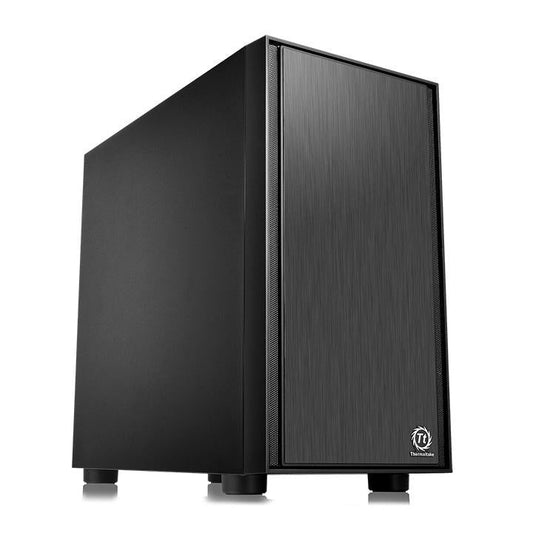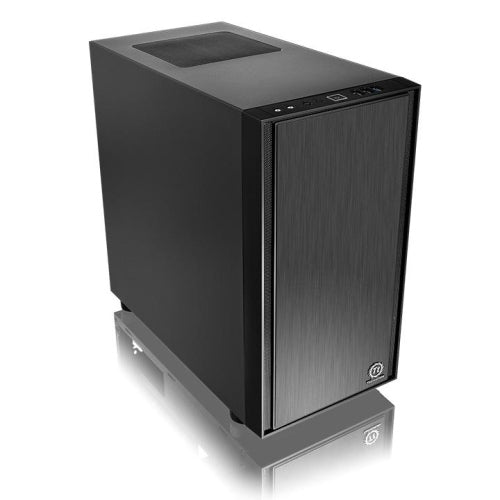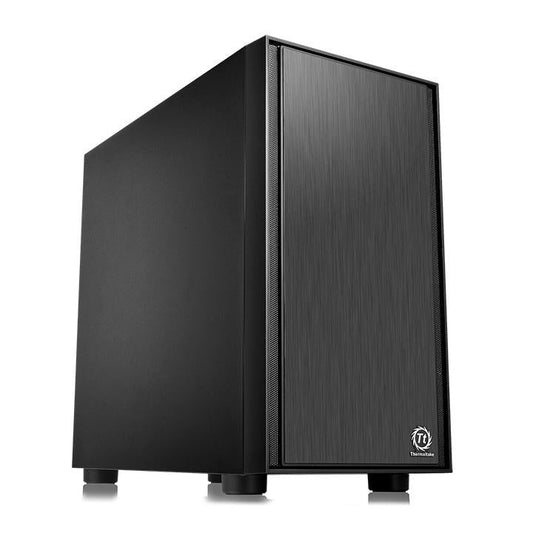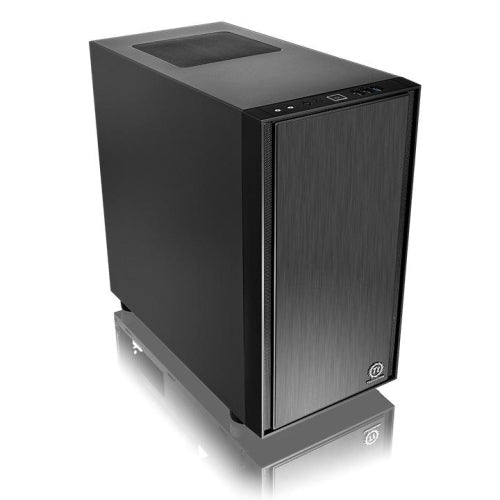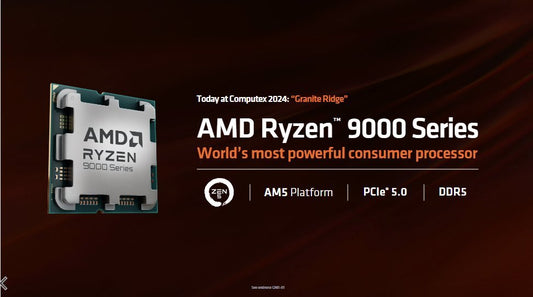Air Coolers vs. Liquid Coolers: Quick Guide
Share
When starting the journey of building your first PC, the choice of components can be overwhelming. One crucial decision is selecting the right cooler for your CPU. In this guide, we'll explore the differences between air and liquid coolers, helping you make an informed decision.
Pros and Cons:
- Better cooling performance
- Relatively easy installation
- Higher cost
- Maintenance requirements
- Cost-effective
- Good performance
- Easy maintenance
- Straightforward installation
- Potential for noise
- Thermalright Peerless Assassin 120mm Fan Cooler

- ARCTIC Liquid Freezer II 240

Introduction:
Many CPUs come with their own air coolers, a budget-friendly option sufficient for basic cooling needs. While not extraordinary, these coolers get the job done, making them ideal for those on a budget or newcomers unsure of other options.
Liquid Cooler Overview:
- A liquid cooler features a radiator and a circulating liquid coolant. Heat from the CPU travels through tubes to the radiator, where fans cool the liquid. This cooled liquid returns to the CPU in a continuous cycle, ensuring consistent heat dissipation.
Air Cooler Overview:
- In contrast, an air cooler lacks a pump or liquid. It relies on heat transfer from the CPU to a heatsink, where fans then cool the heatsink.
Performance Comparison:
- Liquid coolers generally outperform air coolers in terms of cooling. However, some high-end air coolers can rival the performance of liquid coolers, depending on the brand and model.
Price Comparison:
- Air coolers are usually more cost-effective, ranging from $15 to $90. Liquid coolers, with added features and larger radiators, can fall in the $80 to $150 range.
Upkeep:
- Air coolers are easier to maintain, requiring simple dust cleaning. Liquid coolers, on the other hand, need attention not only for fan and radiator cleaning but also for eventual replacement of the liquid coolant every 2-3 years.
Choosing between air and liquid coolers involves weighing factors like cooling performance, cost, and maintenance. Liquid coolers excel in performance but come at a higher cost and require more maintenance. Air coolers offer a balance of good performance, affordability, and easy maintenance.

